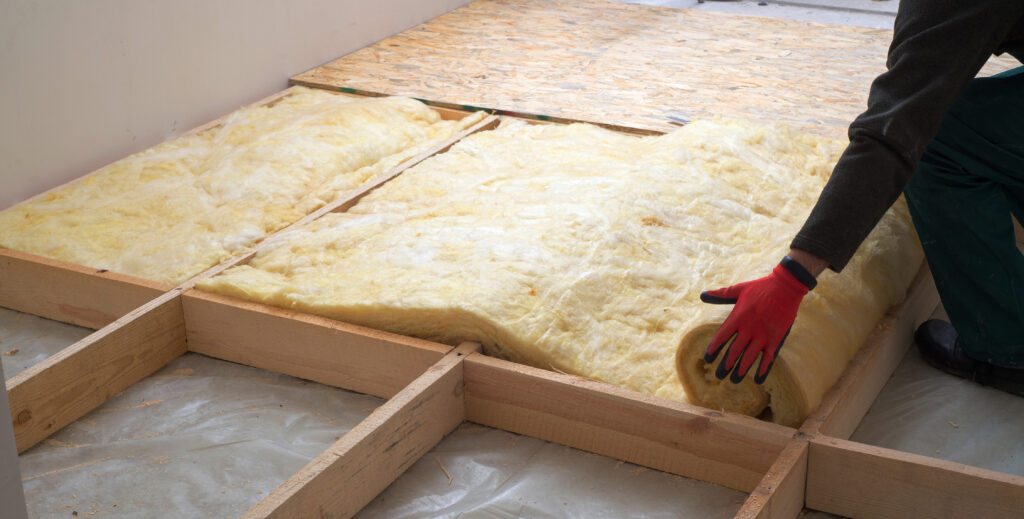Given the role that CO2 plays in global warming and the current soaring prices of gas and electricity it is no wonder that people’s attention is turning to energy saving initiatives. The Government also has big plans to make the UK net zero by 2050 so, it is fair to say that the focus on energy usage and CO2 emissions is important for everyone.
As part of the Government’s plan to make the economy net zero it is incentivising energy efficient heating systems through the Boiler Upgrade scheme through which people can claim a grant of up to £6,000 to upgrade current gas-based boiler systems to heat pumps.

As far as energy efficient materials are concerned, the materials themselves were subject to VAT at 20% and the installation of the materials was charged at 5% VAT for people on certain benefits or when the cost of the materials were not more than 60% on the installation cost. If the materials cost more than 60% of the total supply value including installation only the labour cost would be subject to the reduced 5% VAT rate and the materials at the standard 20% VAT rate.
The Government announced in the Chancellor’s budget published in March 2022 that there would be a temporary reduction in VAT from 5% to 0% for the installation of energy saving materials which started on April 1st 2022 and will run until the 31st March 2027. They also stated that the 5% rate, in the future would be available to everyone in all situations by removing the requirement for people to be on benefits and removing the 60% cost rule. In this case even if the value of the materials is less than 60% of the total supply cost, it will all be charged at 0% VAT whilst the scheme runs and 5% VAT after the scheme ends in 2027.
What materials are included?
The types of materials that are covered under the Value Added Tax (Installation of Energy-Saving Materials) order 2022 are:
- insulation for walls, floors, ceilings, roofs or lofts or for water tanks, pipes or other plumbing fittings
- draught stripping for windows and doors
- central heating system controls (including thermostatic radiator valves)
- hot water system controls
- solar panels
- wind turbines
- water turbines
- ground source heat pumps
- air source heat pumps
- micro combined heat and power units
- boilers designed to be fuelled solely by wood, straw or similar vegetal matter (Biomass boilers)
The reduction in VAT announced amounts to substantial savings on energy saving materials, making it much more affordable for homeowners to upgrade their properties to be more energy efficient. Of course with the energy efficiency also comes a reduction in utility bills, something we could all do with.






